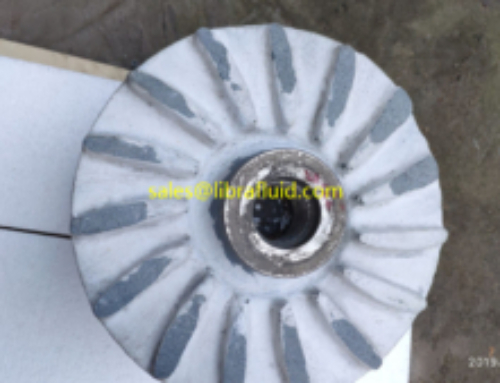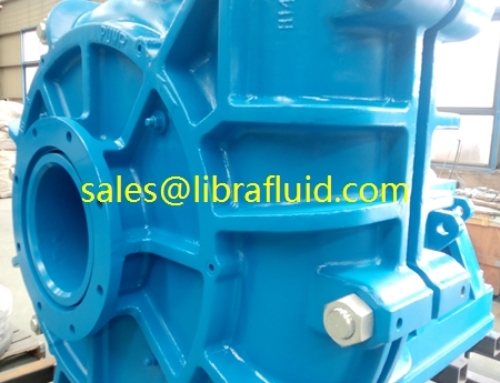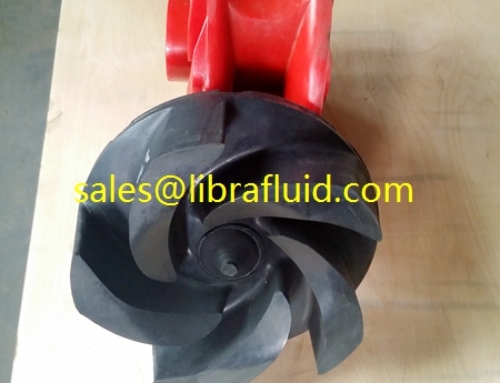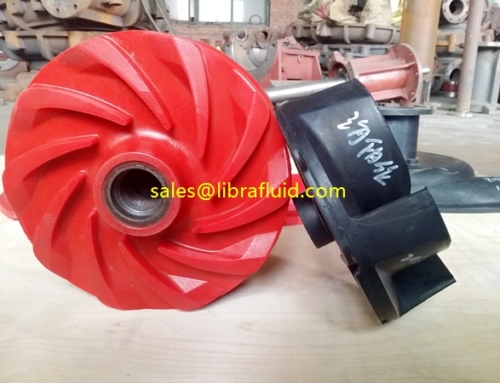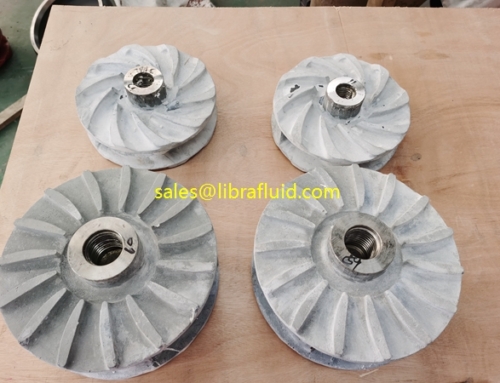Slurry pumps are an essential part of many industrial processes. They are used to transfer abrasive and corrosive slurries, often in challenging environments. The impeller is the key component of a slurry pump, responsible for the pump’s performance and efficiency. In this article, we’ll discuss the importance of impellers and how to choose the right one for your application.
Firstly, let’s talk about the basics. An impeller is a rotating component of a pump that transfers energy from the motor to the fluid being pumped. In the case of a slurry pump, the impeller must be designed to handle the abrasive and corrosive nature of the slurry. There are many different types of impellers available, each with its own unique characteristics and advantages.
One of the most common types of impeller used in slurry pumps is the open impeller. This type of impeller has vanes that are not covered by any shrouds or casings, allowing for the easy passage of solids. Open impellers are ideal for pumping slurries with high concentrations of solids, as they can handle large particle sizes without clogging.
Another popular type of impeller is the closed impeller. This impeller has vanes that are surrounded by a casing or shroud, which provides additional support and protection against wear. Closed impellers are typically used in applications where the slurry contains smaller particles, as they are less likely to become clogged.
When selecting an impeller for your slurry pump, there are several factors to consider. These include the size and shape of the particles in the slurry, the concentration of solids, the viscosity of the fluid, and the operating conditions of the pump. By carefully considering these factors, you can choose an impeller that is optimized for your specific application, providing optimal performance and longevity.
In summary, the impeller is a critical component of any slurry pump. Choosing the right type of impeller for your application is essential for ensuring efficient and reliable pumping performance. Whether you need an open impeller for handling large particle sizes or a closed impeller for finer particles, there are many options available to suit your needs. So if you’re in the market for a slurry pump, be sure to carefully consider the impeller and its characteristics.
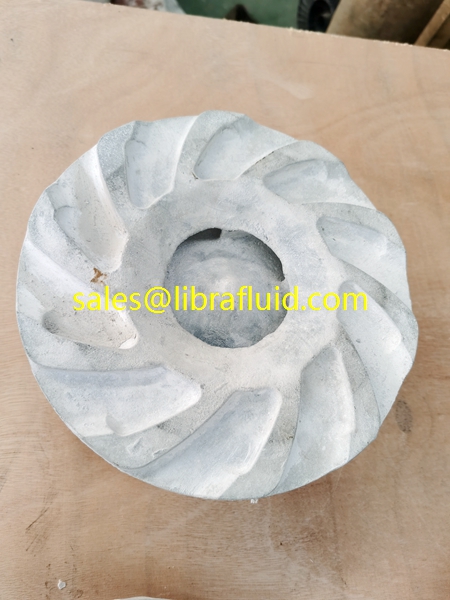
Wear-resistant slurry pump impeller
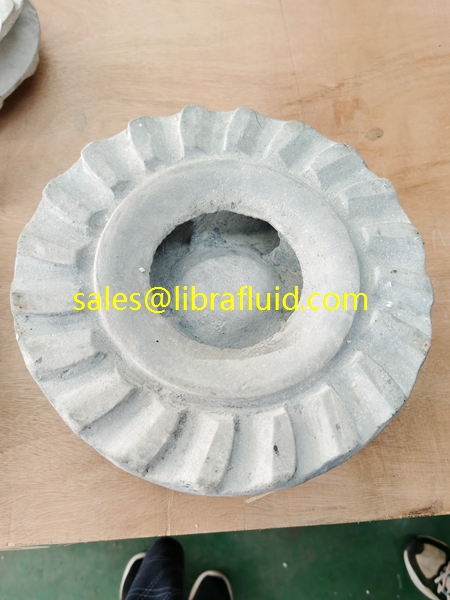
Wear-resistant slurry pump impeller

